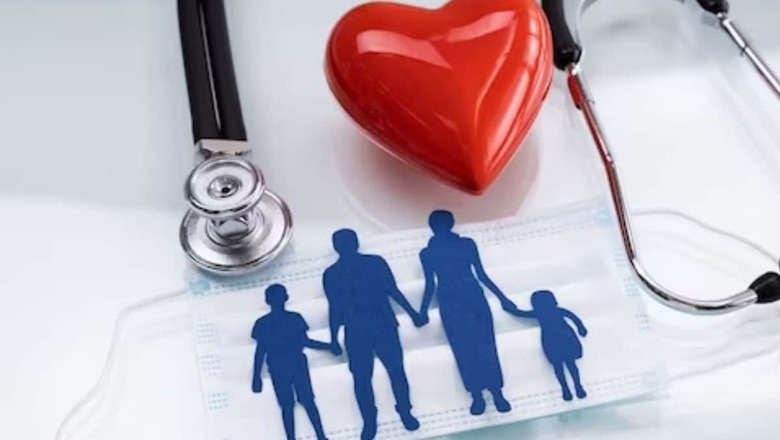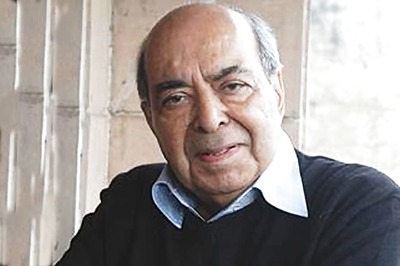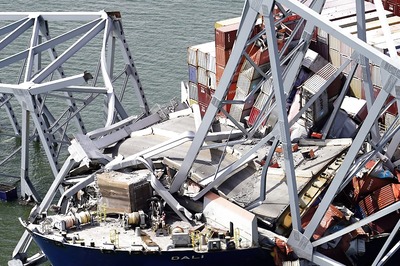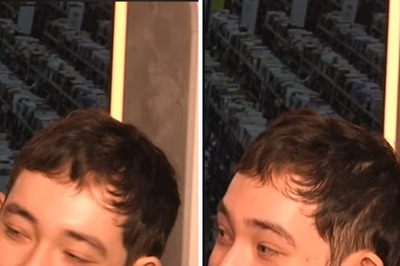
views
A cashless insurance policy is crucial for everyone. It enables immediate access to healthcare needs without stressing over the payment of hospital bills and treatment costs. Owing to this, a majority of insurance companies in the country have started offering a large number of benefits that one can claim on cashless mediclaim policies. The medical bills of those covered under cashless health insurance are settled directly by the insurance provider. But, there’s a catch. The total medical costs should not exceed the sum assured coverage, and the hospital where the treatment is being carried out should be a part of the network or scheme.
There are certain conditions under which the cashless claims do not work in emergencies. It is pertinent to note that cashless, though it is all about convenience, does not help in emergency cases. Simply put, it is not an emergency service. Due to the shortage of time, the cashless process may often not work on the ground. Here are the reasons why cashless may not immediately work:
First of all, insurers take around six to twenty-four hours to give their first approval, which is called pre-authorisation. It is because, before approval, they manually evaluate your policy coverage to check whether the treatment to be provided is covered or not. Since you won’t be able to wait this long when there is a medical emergency, you will need to make an advance payment yourself, despite the availability of a cashless facility.
Coming to the other reason, the insurance desk at the hospital may not be open 24X7. They are usually open for 12 hours and even remain closed on holidays. If someone is hospitalised at a time when the hospital desk is closed, no one will be there to initiate the cashless claim process until the next working hour. In such situations, you will need to pay an advance deposit for the admission of the patient and starting the treatment.
It is important to maintain an emergency fund and an active credit card to avoid any complications at the time of need.




















Comments
0 comment